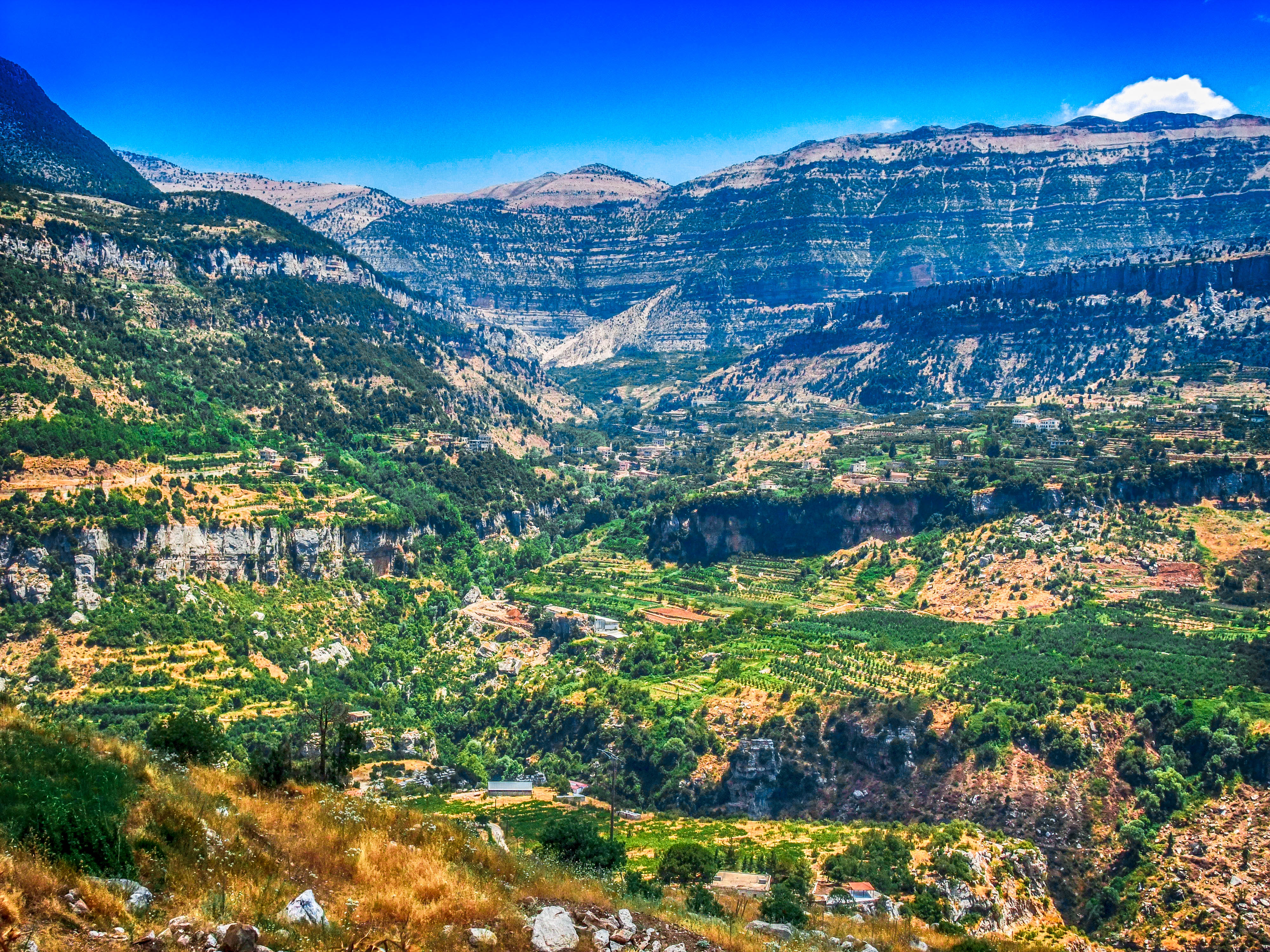|
Bejjeh
Bejjeh ( ar, بجه), is a municipality in the Byblos District of Keserwan-Jbeil Governorate, Lebanon. It is 54 kilometers north of Beirut. Bejjeh has an average elevation of 560 meters above sea level and a total land area of 502 hectares. There were four companies with more than five employees operating in the village as of 2008. Its inhabitants are predominantly Maronite Catholic The Maronite Church is an Eastern Catholic '' sui iuris'' particular church in full communion with the pope and the worldwide Catholic Church, with self-governance under the Code of Canons of the Eastern Churches. The current head of the Mar ...s. This village is of great historical value for the Maronite community. After centuries of exile in the Qadisha Valley, the Maronites decided to take back their land. They chose to settle in Bejjeh first, before they continue their expansion over the whole Mount-Lebanon and the current Lebanese territory. Multiple Maronite families passed through Bejjeh ... [...More Info...] [...Related Items...] OR: [Wikipedia] [Google] [Baidu] |
Byblos District
Byblos District ( ar, قضاء جبيل; transliteration: ''Qadaa' Jbeil''), also called the Jbeil District (''Jbeil'' is Lebanese Arabic for "Byblos"; standard Arabic ''Jubail''), is a district (''qadaa'') of the Keserwan-Jbeil Governorate of Lebanon. It is located to the northeast of Lebanon's capital Beirut. The capital is Byblos. The rivers of al-Madfoun and Nahr Ibrahim form the district's natural northern and southern borders respectively, with the Mediterranean Sea bordering it from the west and Mount Lebanon from the east, separating it from the adjacent district of Baalbek in the Beqaa Valley. Demographics The district's population is predominantly Maronite Catholic, followed by a Shia Muslim minority community. The largest towns of the district are predominantly inhabited by Maronites; they are Byblos, Qartaba, Aqoura and Amsheet. Most Shia Muslims live in the valley of the Ibrahim River, particularly in the villages of Almat, Ras Osta, Hjoula, Bichtlida, Lassa, and ... [...More Info...] [...Related Items...] OR: [Wikipedia] [Google] [Baidu] |
